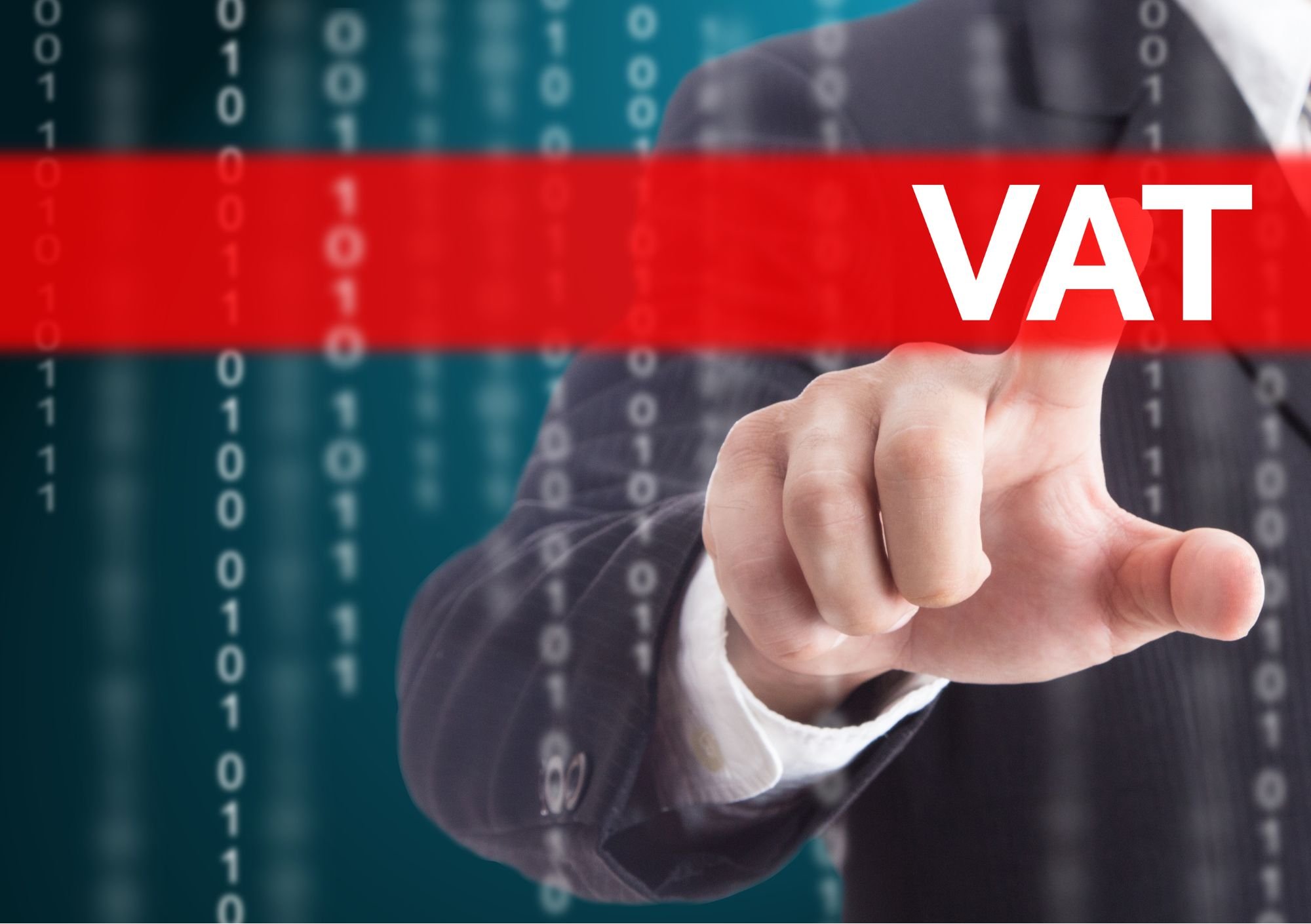
The taxable amount is the amount on which you must charge VAT. It is the total amount you become entitled to receive in respect of the goods or services you have supplied.
What is included in the taxable amount?
The taxable amount includes:
- All incidental charges, taxes, commissions, and expenses (packing, transport, insurance, etc.) you pass on to your customer.
- The value of trade in goods made as part payment.
- As regards electrical appliances, the WEEE recycling charge (environmental charge).
- The value of returnable containers which are not returned to the supplier.
- “Postage” which is not paid to An Post.
Example
Customer pays you €100 by credit card.
Credit card deducts a charge of €2, so you only receive €98.
You are subject to VAT on the €100, not €98.
Example
A hotel receives payment for a room booking from a travel agent. The cost of the room is €120 (VAT inclusive) and the travel agent deducts €15 (VAT inclusive) and pays the hotel €105.
The hotel is subject to VAT on gross amount receivable, i.e., €120.
The travel agent should issue the hotel an invoice for €15 (€12.20 + 23% VAT).
Example
An accountant charges a client €1,000 for accountancy services and €50 in respect of petrol for travel to the client's premises. The taxable amount is €1,050 as the petrol is a cost in respect of the supply.
References
What is not included in the taxable amount?
The taxable amount does not include:
- Cash discount for early payment.
- Restaurant staff service charges if shown on bill and distributed to staff.
- Certain outlay incurred on behalf of a client provided such outlay is shown separately as a VAT inclusive amount, with the invoice or bill for that charge (made out in the name of the client) appended, e.g., search fees or stamp duty paid by a solicitor on behalf of a client.
- Postage which is charged separately and paid entirely to An Post.
- Packaging if the packaging is free. In such cases, the rate of VAT chargeable is the rate which applies to the goods.
- A deposit received for returnable containers. These are the property of the supplier and are not subject to VAT at the time of handing over.
Example
You charge a customer €300 with 30 days to pay.
You give 1% discount for payment within 30 days.
Customer pays within 30 days and pays you €297 (€300 less 1%).
You pay VAT on €297 not €300.
Example
You charge €5 for posting an order and this €5 is paid over to An Post. The €5 is exempt.
References
Boots Company plc v C and E Commissioners (ECJ 126/88)
What if I receive payment in kind?
An example of a payment in kind would be:
- If you receive goods or services as payment instead of money.
- Your supplier pays off a debt that you owe to a third party thereby releasing you from an obligation.
In this situation, the taxable amount is the open market value (OMV). [1]
The OMV is:
- for goods, the purchase price of comparable goods, or the cost price of the goods at the time of the supply,
- for services, the full cost to the supplier of providing the service. [2]
If there are no comparable goods or services, OMV is the cost price.
If Revenue is satisfied you are connected with, or controlled by, your customer (or vice versa), they can issue you a determination requiring you to apply OMV to a supply, where:
- the supply is lower than its OMV and the recipient is not entitled to a VAT deduction,
- the supply is lower than its OMV, the supply is exempt, the supplies are non-deductible for VAT purposes, or the supplier is a flat rate farmer, or
- the supply is higher than its OMV, the supplies are non-deductible for VAT purposes, or the supplier is a flat rate farmer. [3]
Example
A Ltd and B Ltd are connected, i.e., both are 100% subsidiaries of C Ltd.
A Ltd carries on a taxable activity (consultancy) and B Ltd carries exempt activity (education).
If A Ltd does not charge OMV on services billed to B Ltd, Revenue can issue a determination requiring VAT to be charge on OMV.
The value determined by Revenue is deemed to be the proper value for VAT purposes. [4]
You can appeal such a determination to the Tax Appeals Commission.
References
[1] VATCA 2010 s 37(3)
[2] VATCA 2010 s 36
[3] VATCA 2010 s 38(1)
[4] VATCA 2010 s 38(2)
What if I supply a free service?
There is no VAT liability if no objective value can be placed on the service.
References
Staatsecretariis van Financien v Cooperatieve Aardappelen Bewaartplaats, ECJ 154/80, which involved free storage of potatoes.